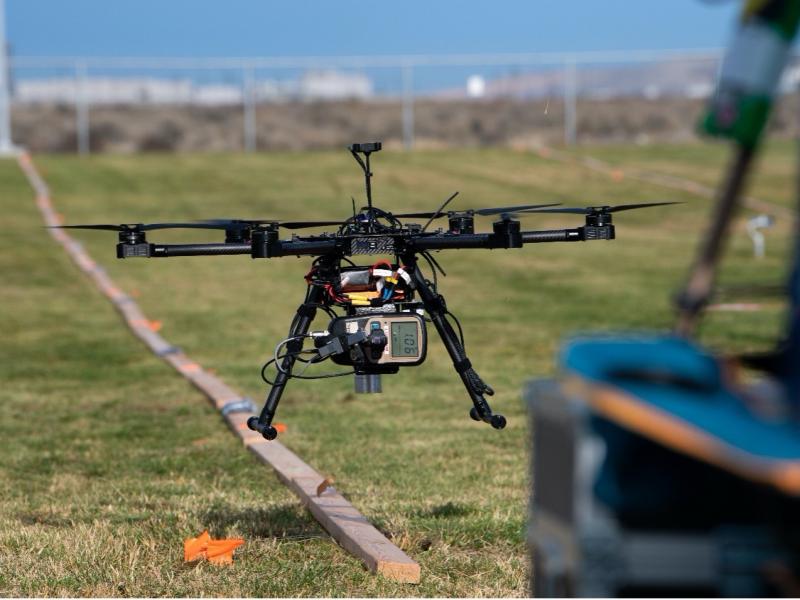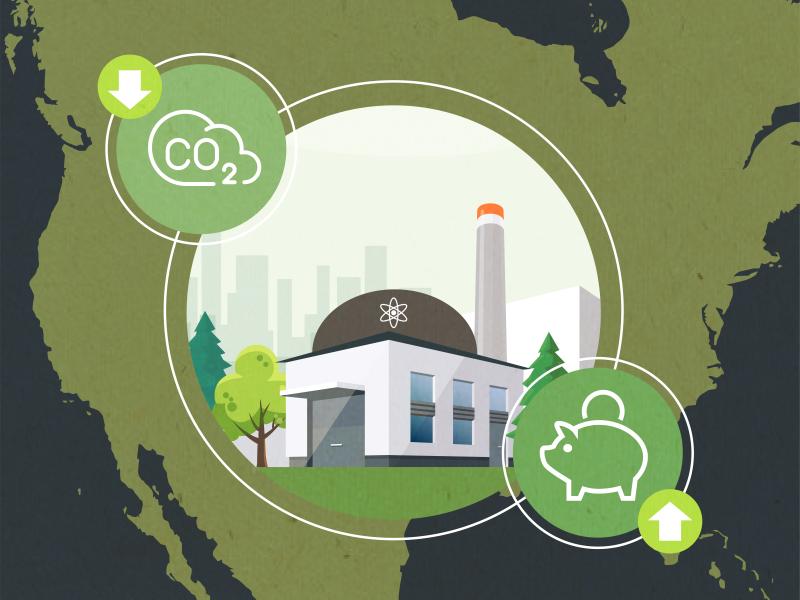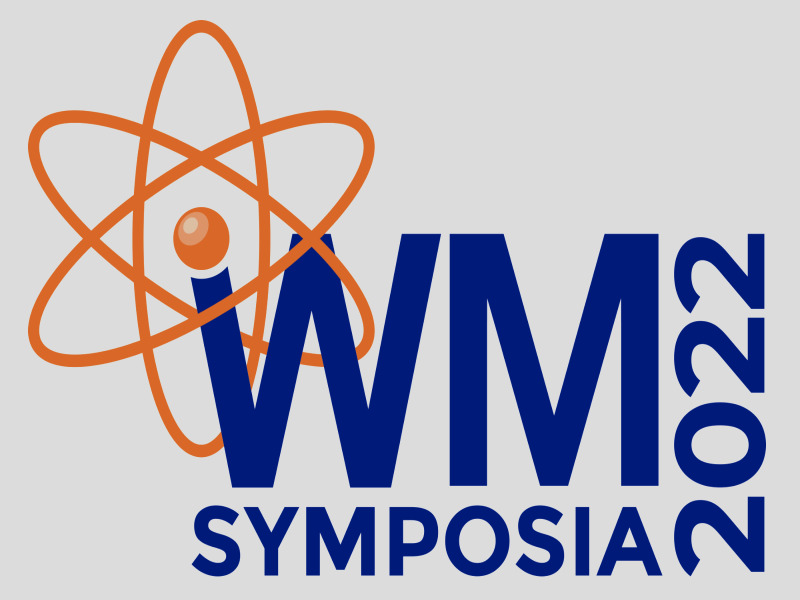Reactor Licensing
Reactor Licensing
Assuring safe and efficient
facility siting, licensing,
and environmental assessments
Assuring safe and efficient
facility siting, licensing,
and environmental assessments
PNNL’s research—including in nondestructive examination (NDE), radiation measurements, mechanical and microstructural characterizations—supports the Nuclear Regulatory Commission and nuclear power industry. Here, a materials scientist is evaluating the mechanical properties of nuclear materials using a test frame with an atmosphere-controlled high-temperature furnace.
Andrea Starr | Pacific Northwest National Laboratory
Since the 1980s, PNNL has provided scientifically credible and legally defensible documentation for siting and licensing nuclear power reactor facilities in the U.S. and internationally.
PNNL scientists conduct safety and environmental reviews for new and existing nuclear reactors and fuel cycle facilities as well as fossil fuel and renewable energy facilities. We work on behalf of the Nuclear Regulatory Commission (NRC), the Office of Nuclear Energy (NE) at the Department of Energy (DOE), the Department of Defense, and other Federal agencies.
PNNL has scientists and engineers in every relevant technical specialty to support the review of licensing documents and complete the National Environmental Policy Act (NEPA) review. This includes experts in nuclear core performance, nuclear fuel design, plant system design and performance, nuclear safety analysis, probabilistic risk analysis, materials, health physics, waste management, ecology, hydrology, geology, meteorology, air quality, land use, socioeconomics, cost/benefit, climate change, environmental justice, tribal engagement, alternative sites and alternative energy, need for power, human health and safety, transportation, accident analysis, cultural and historic resources, public relations, technical writing and editing, document production, project management, and quality assurance.
Licensing and standards
PNNL’s experience in environmental impact statements, safety analysis, and licensing includes:
- Assisting the NRC in developing NEPA-compliant standards for new nuclear plant designs
- Assisting the NRC in developing new standards for safety reviews and evaluating safety of plant designs
- Drafting design-specific review standards for small modular reactors (SMRs)
- Leading the NRC environmental review for Watts Bar 2 (the first new operating license in 20 years)
- Evaluating Tennessee Valley Authority's Clinch River SMR site, and the Vogtle and V.C. Summer plants (the first U.S. builds in more than 34 years)
- Leading safety analysis and probabilistic risk assessment for the DOE-NE Next Generation Nuclear Plant project, designed to demonstrate a high temperature gas-cooled reactor
- Supporting DOE in addressing options for mitigating contaminated water in Japan’s Fukushima Daiichi Nuclear Plant
- Updating NRC fire protection standards for nuclear power plants.
Facility siting
Its diversified team gives PNNL a depth of expertise to support the siting of nuclear facilities. The PNNL team recently provided technical support to the NRC by updating Regulatory Guide 4.2, which defines the standards for siting and preparing environmental reports for nuclear power plants.
Public involvement
PNNL staff skillfully bring in stakeholders. They have arranged and facilitated hundreds of public meetings, including those about contentious environmental issues. They also track stakeholder comments and incorporate them into the record of these complex decisions. PNNL developed the Comment Response Database (CRD), a knowledge-management tool developed for the NRC to support the NEPA public comment process.
This internet-accessible, multi-user system has processed tens of thousands of comments. It provides a central location for storing correspondence, tracking comments and responses, managing document changes, and exporting data reports. The CRD also provides simultaneous access for all authorized users and archives past project records, which are easily searchable.


